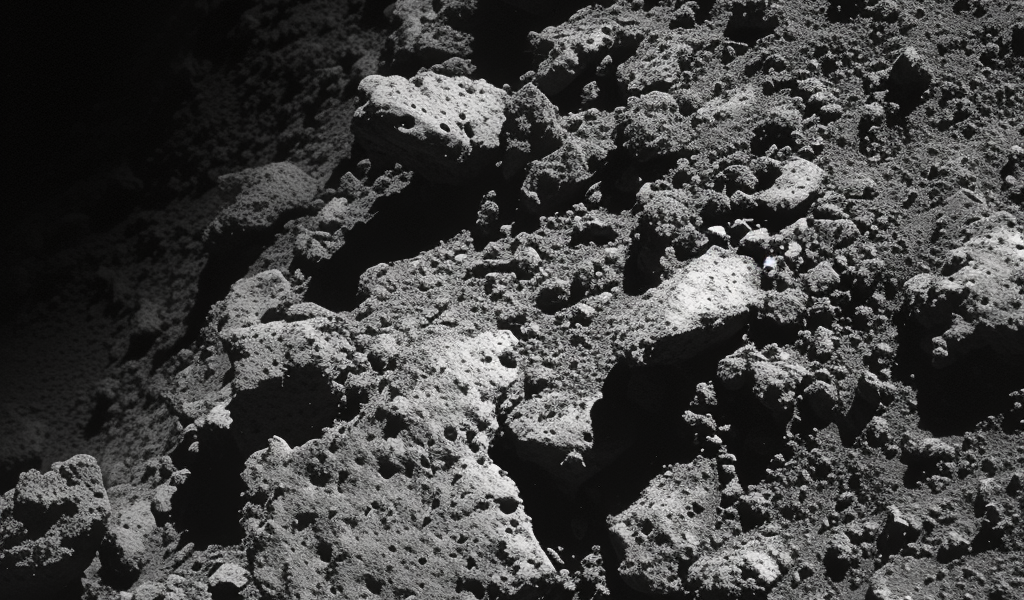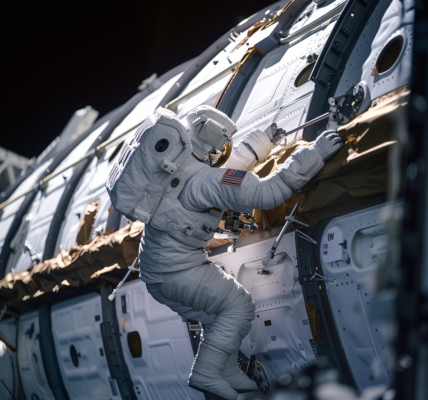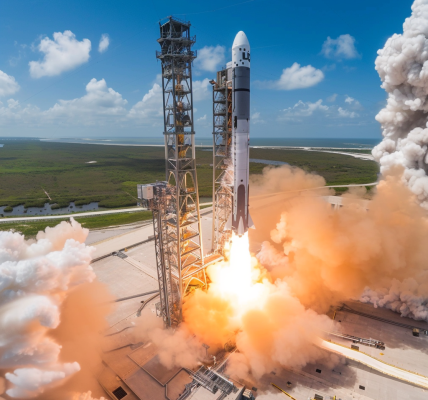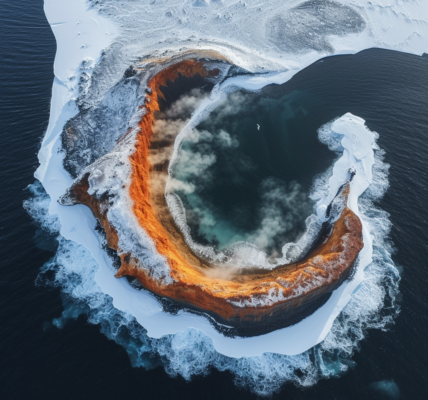Astronomers have made a groundbreaking discovery that could potentially provide insights into the origins of life. The researchers have found evidence of carbon-rich organic compounds on the surface of an asteroid called Ryugu. This discovery has raised the possibility that asteroids like Ryugu may have played a role in seeding life on Earth.
Ryugu, which is located in the asteroid belt between Mars and Jupiter, has been the subject of study by the Hayabusa2 spacecraft. The spacecraft collected samples from the asteroid’s surface and returned them to Earth for analysis. Scientists have now revealed that these samples contain organic matter that is rich in carbon, a key building block of life.
According to the researchers, the presence of these carbon-rich organic compounds on Ryugu suggests that similar asteroids may have delivered these materials to Earth billions of years ago. This theory, known as panspermia, proposes that life may have been seeded on our planet by such extraterrestrial objects.
The discovery of organic matter on Ryugu opens up new possibilities for understanding the origins of life on Earth. By studying the composition of asteroids like Ryugu, scientists hope to gain valuable insights into the processes that led to the emergence of life in our solar system.
This groundbreaking finding has sparked excitement within the scientific community and has the potential to reshape our understanding of the fundamental question of how life began on Earth.





